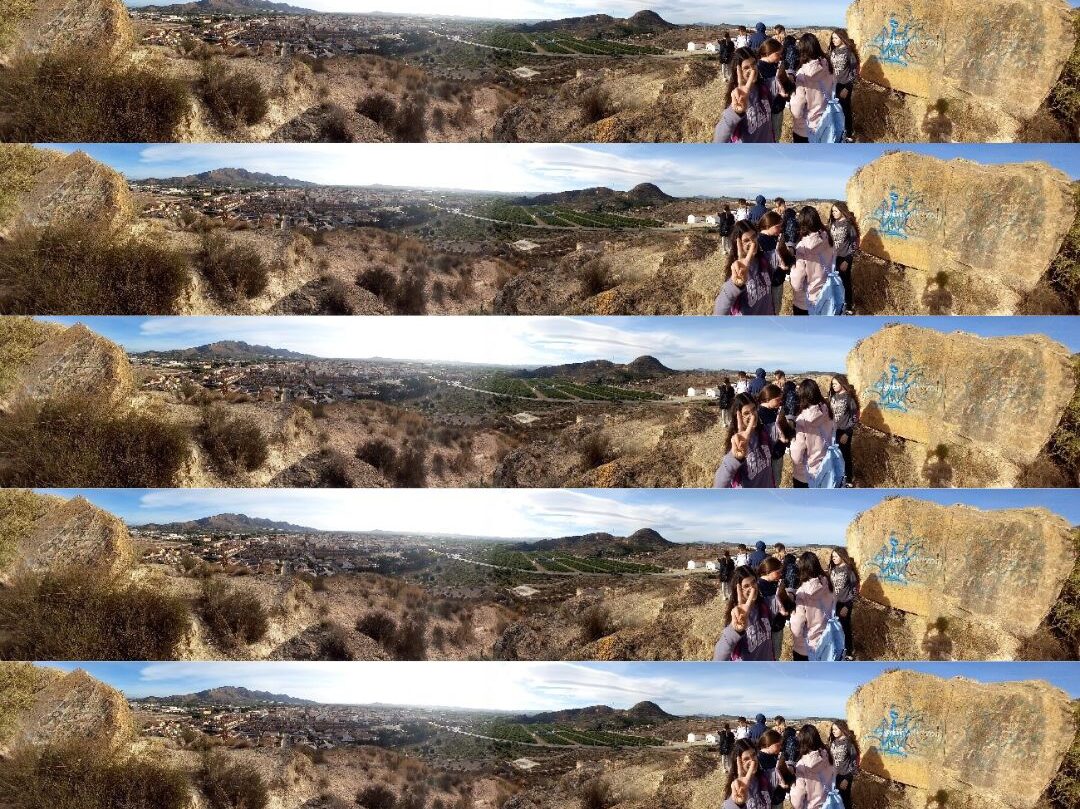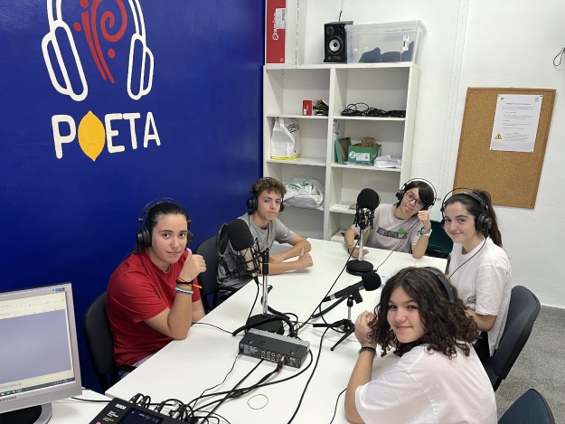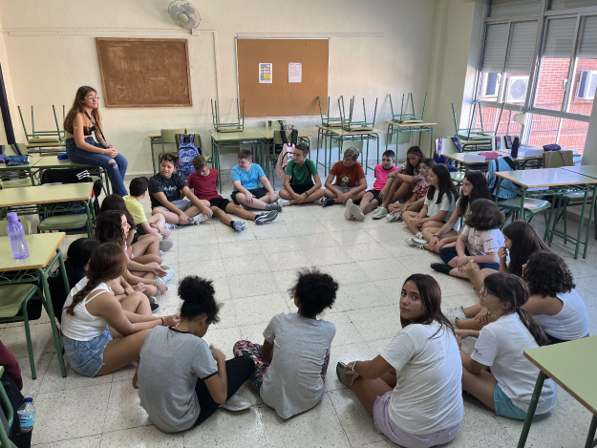
We propose a learning situation so that our students find the necessary motivation to know their closest environment. Our action will generate an audio guide that summarizes the elements of their heritage that they identify and highlight in the geography and history of Santomera.
Bring them closer to the concept of landscape and how they perceive it.


Geography and history.
Description of actions/activities: Service-Learning (APS) and Challenge-Based Learning
Development of the activity by sessions:
Description of actions/activities: Service-Learning (APS) and Challenge-Based Learning.
Already done at the beginning of action 1
Throughout the activity through observation and sharing. (self-assessment and co-evaluation)
It will be carried out at the end of the action in session 10

